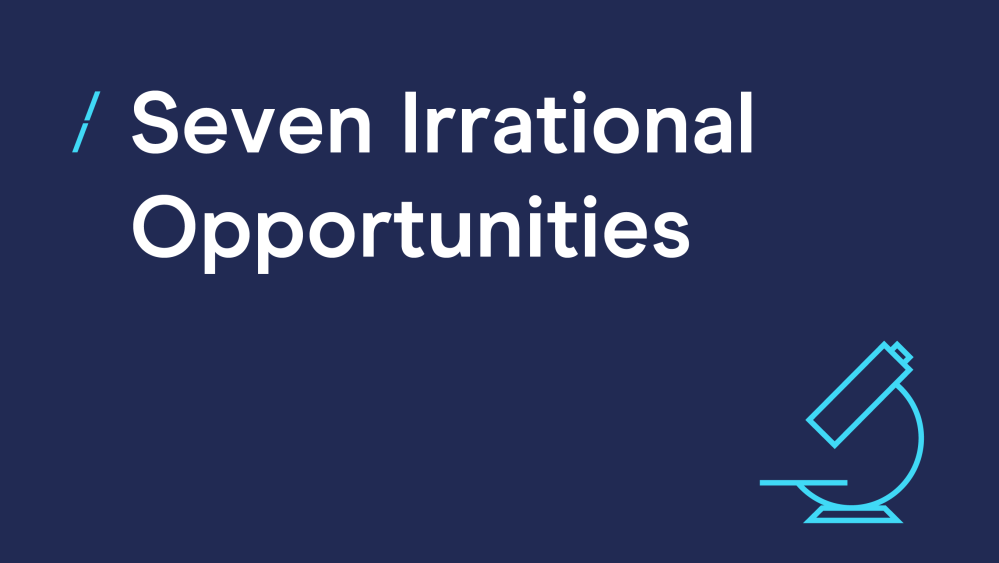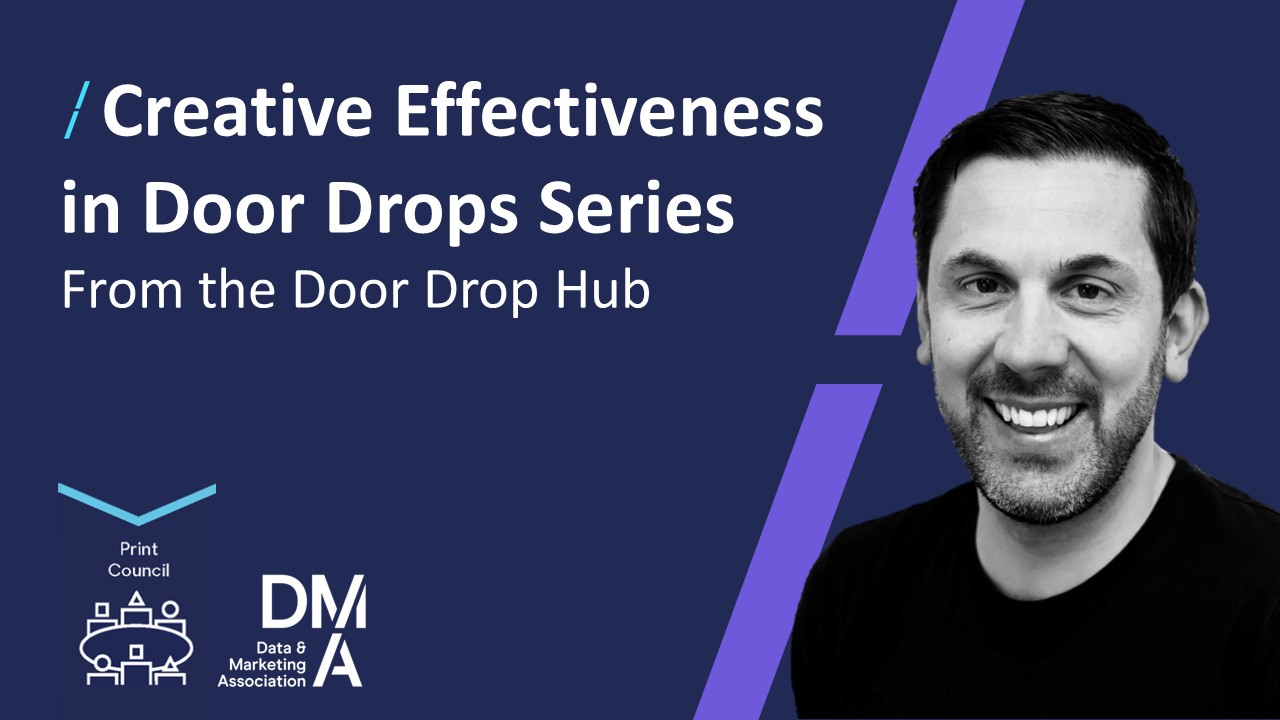Seven Irrational Opportunities
22 Aug 2019

Biases and heuristics are core pillars of Behavioural Economics.
Biases are variables in human choices, and we can think of them as consistent patterns of behaviour that deviate from expectations.
Heuristics are decision-making shortcuts, otherwise known as the humans’ auto-pilot.
They sound fascinating from the get-go, so it isn’t hard to imagine they caught the attention of the psychologists who then started to continually document and codify them.
Thanks to their dedicated work, practical models and clear explanations of how we all weirdly think and act are now available.
Many businesses have started to embrace and apply Behavioural Economics principles, aiming to step further into the ‘black-box’ of our human brains and improve people’s lives.
The Behaviours Agency built what they call the BE.CREATE Behavioural Opportunities Model to map how customers buy and behave, starting from the identification of the cognitive biases that are informing their decisions.
The model is divided into seven segments, and behind each one sits a growing list of 30 cognitive biases most relevant to marketing.
Applying Behavioural Science in Marketing takes you through one key bias from each segment, culminating in an understanding of what it is and how your business can use it.
Read on for our take on this.
1. Status Quo Bias
A preference for things to stay as they are, and a resistance to trying (also known as defaulting).
TIP: If you want to encourage consumers to purchase again, reduce the friction and streamline your process so it takes minimal effort.
We all know how easy it is to spend here: Amazon Dash
2. Bizarreness Effect
Things that are bizarre (especially those out of context) stand out and are more memorable.
TIP: Bizarreness isn’t about being zany for the sake of it – remember, emotion plays an important role in decision making.
Look how you can be bizarrely cool: Prius Effect
3. Authority Bias
An irrational trust in the judgments of experts.
TIP: Identify endorsers who can talk about the benefits of your product in an authentic way.
The power of authenticity in action: Johnnie Walker - The Man Who Walked Around The World
4. Herd Behaviour
Desire to mimic the behaviours of others.
TIP: Sales figures and reviews can reinforce the popularity of your product.
These guys use it well: Simba Sleep
5. Hyperbolic Discounting
Irrational emphasis on what matters today and a preference for immediate payoffs.
TIP: Offer ‘cooling off’ and trial periods that allow customers to change their mind.
Do you need everyone’s opinion on your next frame? Bring it at home: ace & tate
6. Anchoring
We use benchmarks to evaluate options, no matter how arbitrary the anchors are.
TIP: Include a quantity or price as a reference point, but you can also remind people of what the older version looked like.
Check out this case study, here: Sharps
7. Reciprocity Bias
We respond in kind to even the smallest act of generosity or altruism.
TIP: Think about small, scalable ways you can provide service or utility to your customers before you think about what you can sell them.
See it in action, here: The Coke Experiment
Are you intrigued? Do you want to hear more and gets your hand dirty? Learn about harnessing unconscious biases in your marketing campaigns with our IDM Professional Certificate in Behavioural Economics.




Please login to comment.
Comments